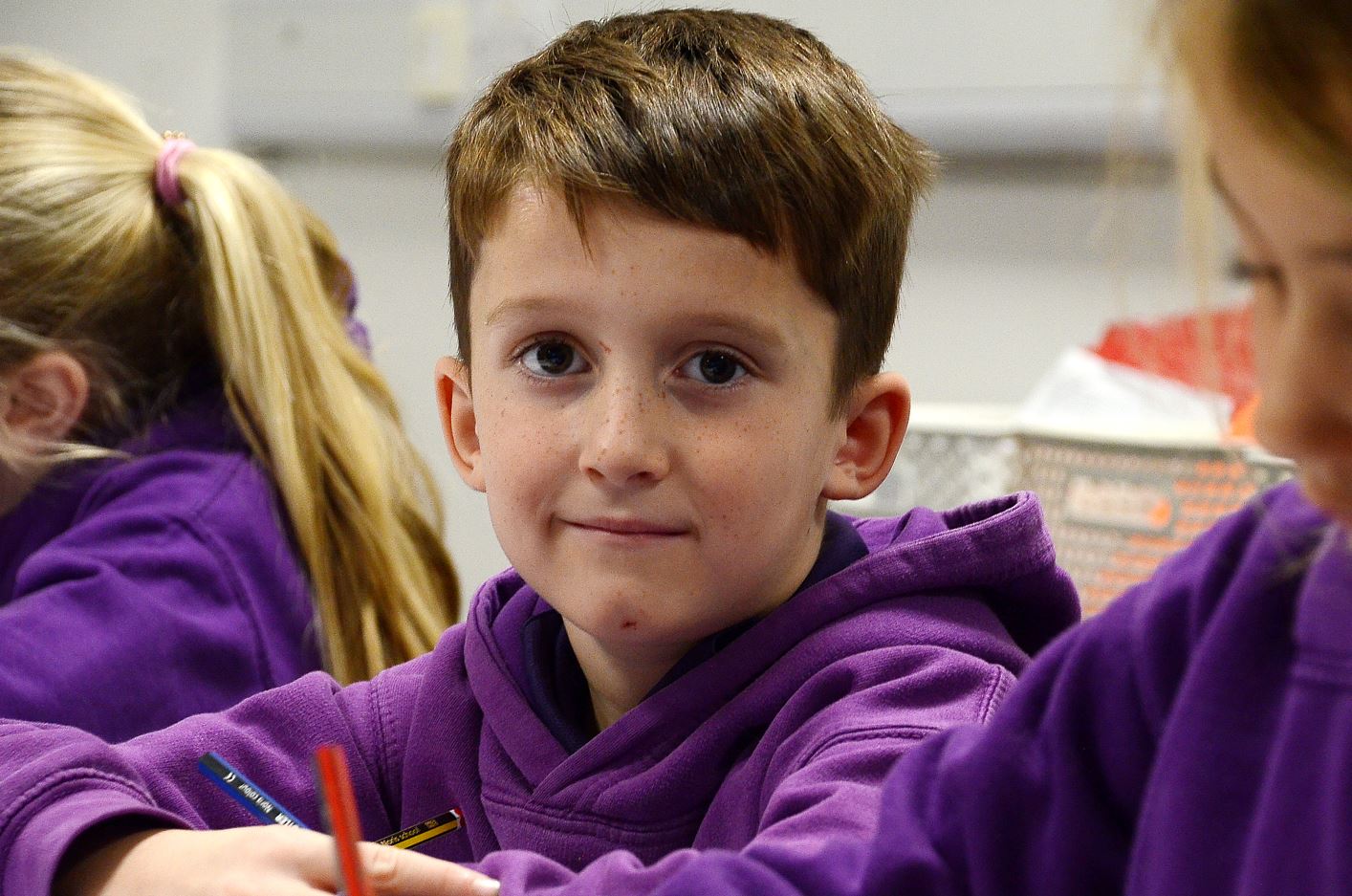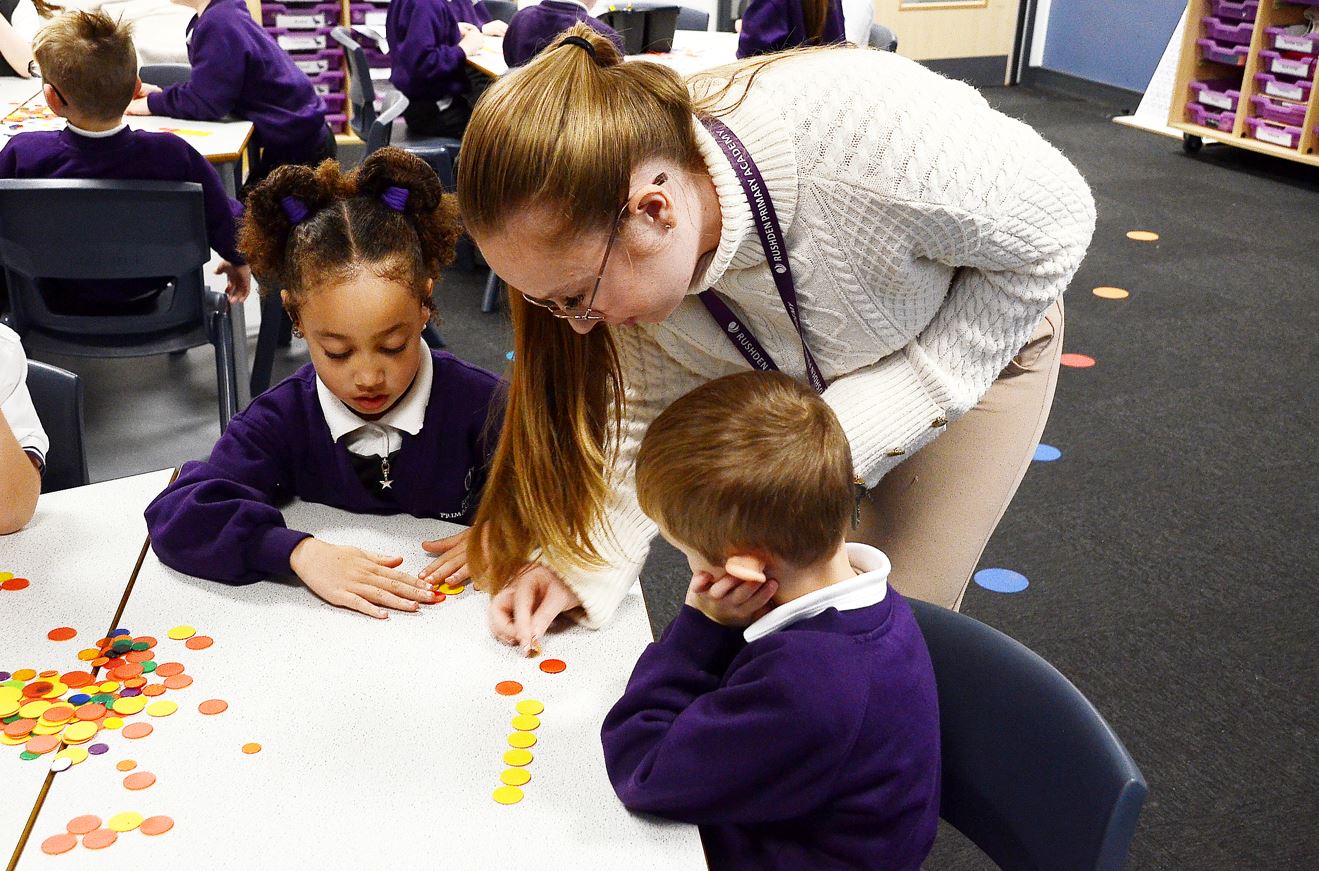Intent
At Rushden Primary Academy we strive to create a culture, which aims to inspire an active generation to enjoy PE, encourage each other and achieve. PE at RPA desired result is to develop a fun, high-quality physical education curriculum that inspires all pupils to aspire, succeed and excel in their individual abilities.
We believe that if this conquered then participation in competitive sports and other physically demanding activities will support individuals physical, emotional, spiritual, social, and moral development.

At RPA, we ensure we provide children with opportunities to become physically confident in a way which supports their health, self-esteem, and fitness. We achieve this by encouraging children to adopt a positive mind-set to reveal their identity and motivate them to believe that anything can be achieved with determination and resilience. We are passionate about the need to teach children how to cooperate, build relationships and collaborate with others, as part of a team, understanding fairness and equality of play to embed life-long values.
Swimming

Following the guidance, we provide the opportunity for children to learn how to stay safe around water by starting swimming lessons in Year 4. Following this opportunity, we then provide top-up lessons in Year 6 for those individuals that need to gain further confidence in water. Our end goal is that all children will meet the National Curriculum requirements and be able to swim 25m.


